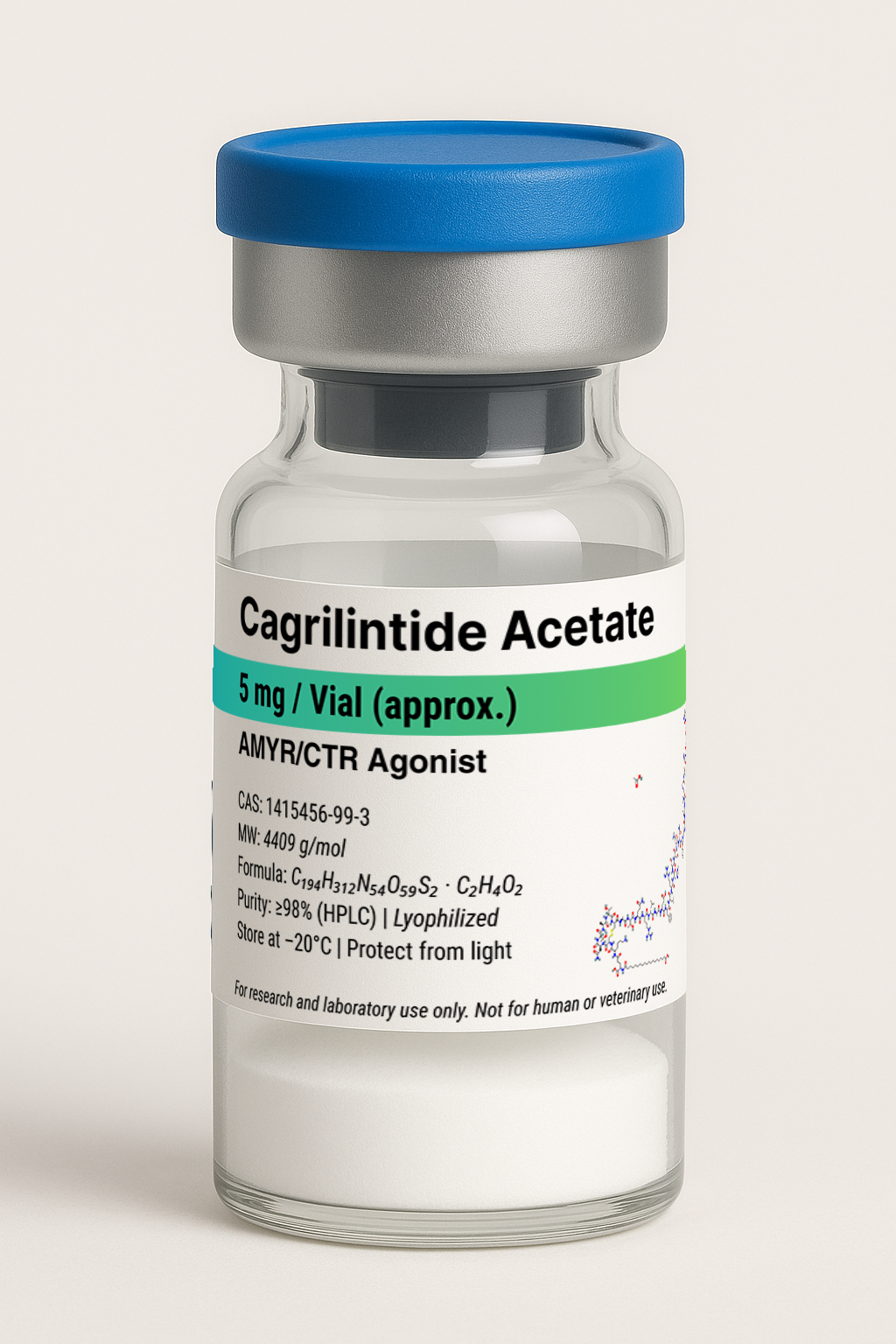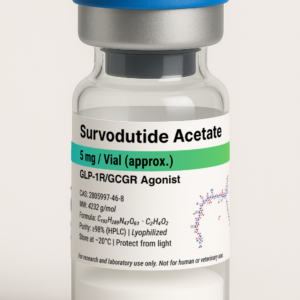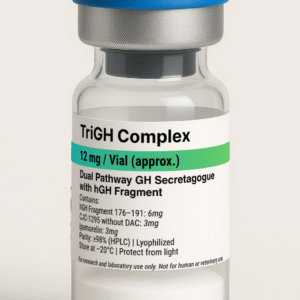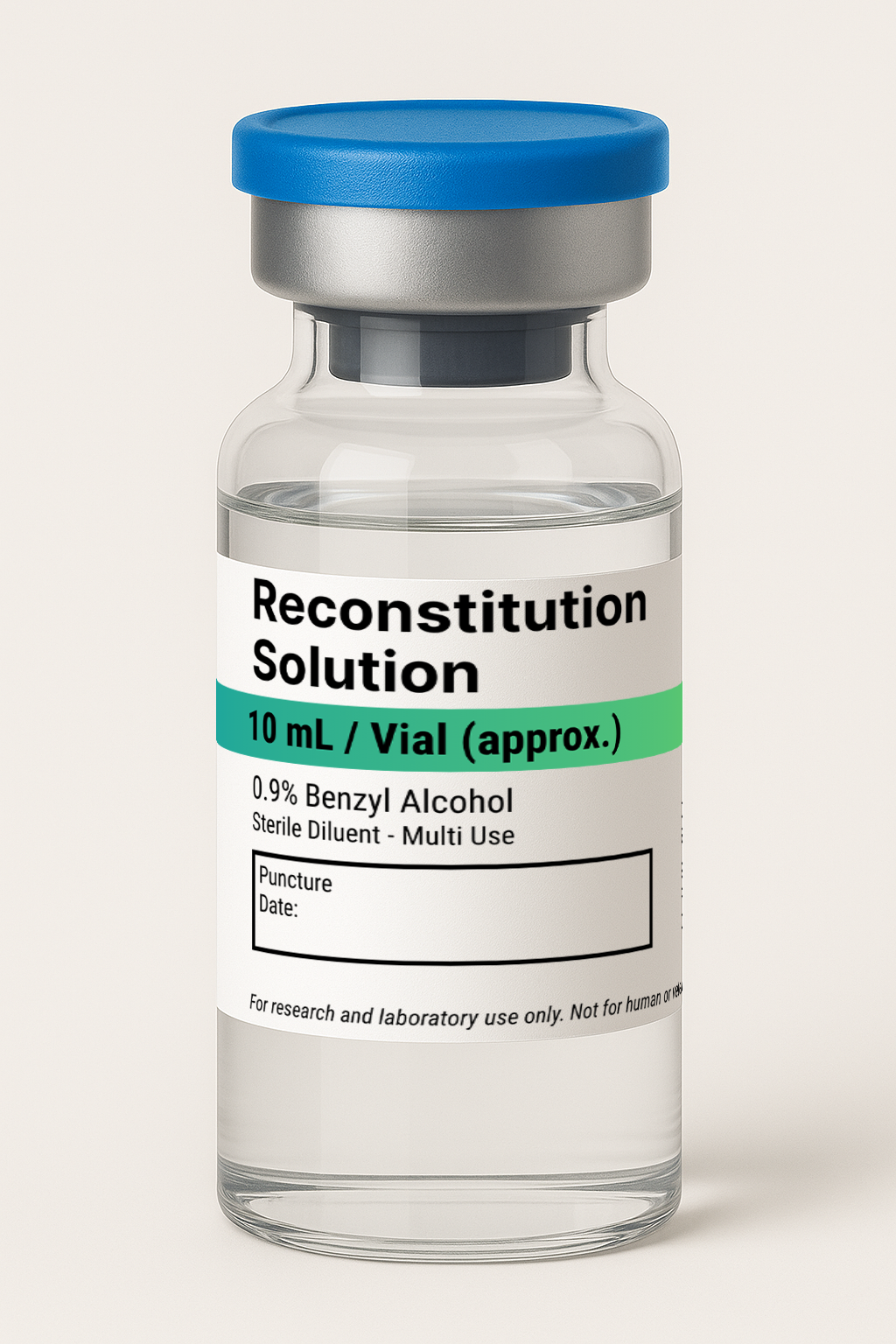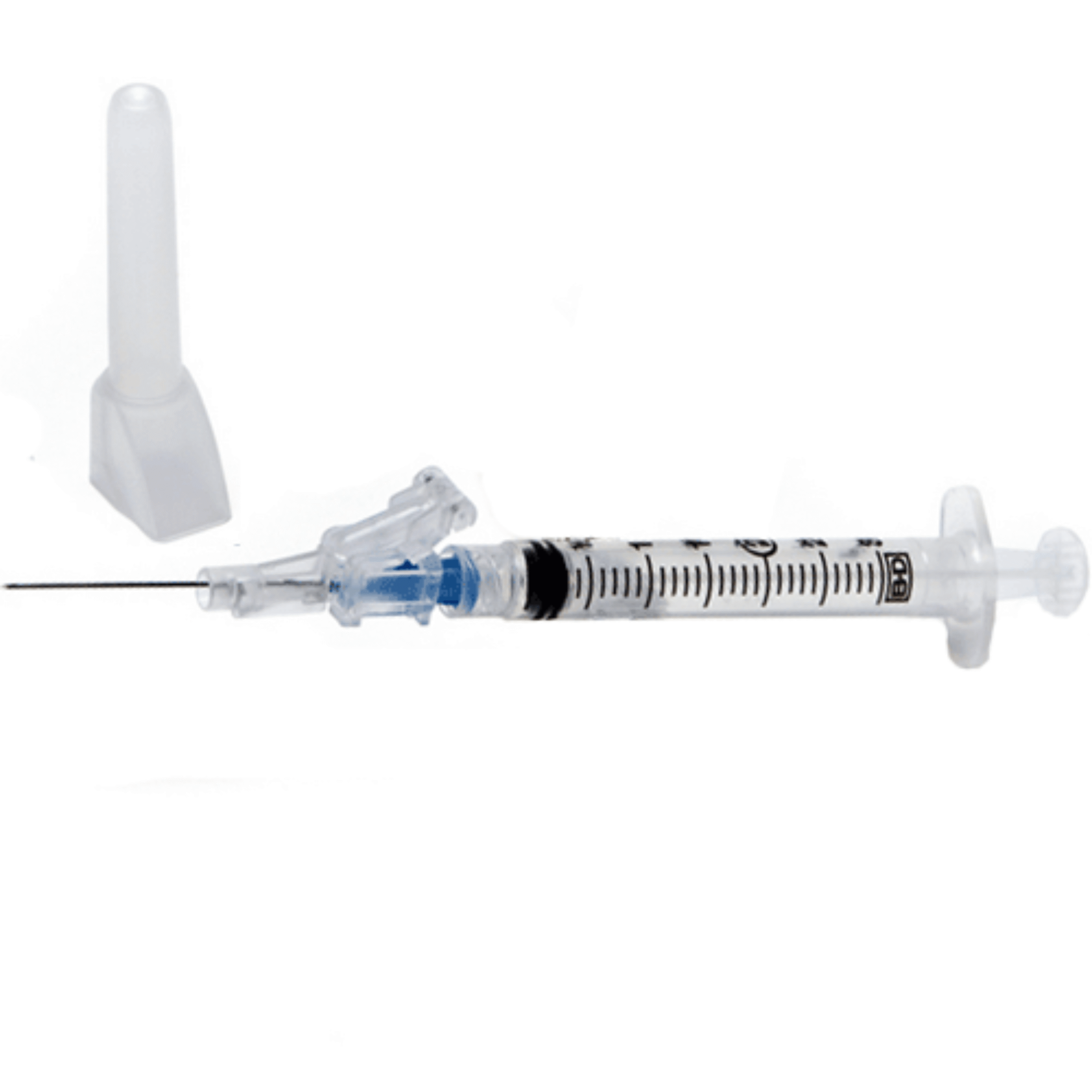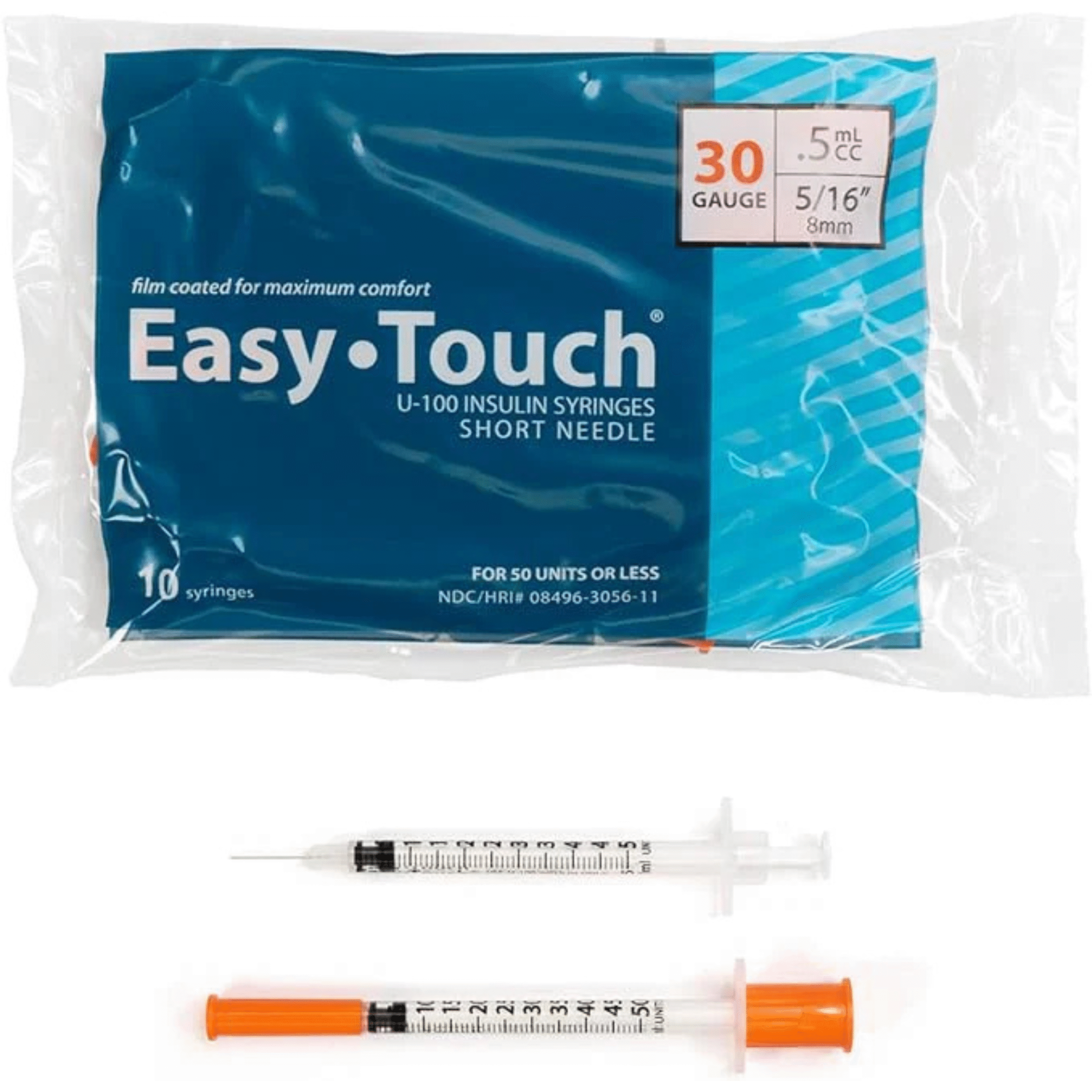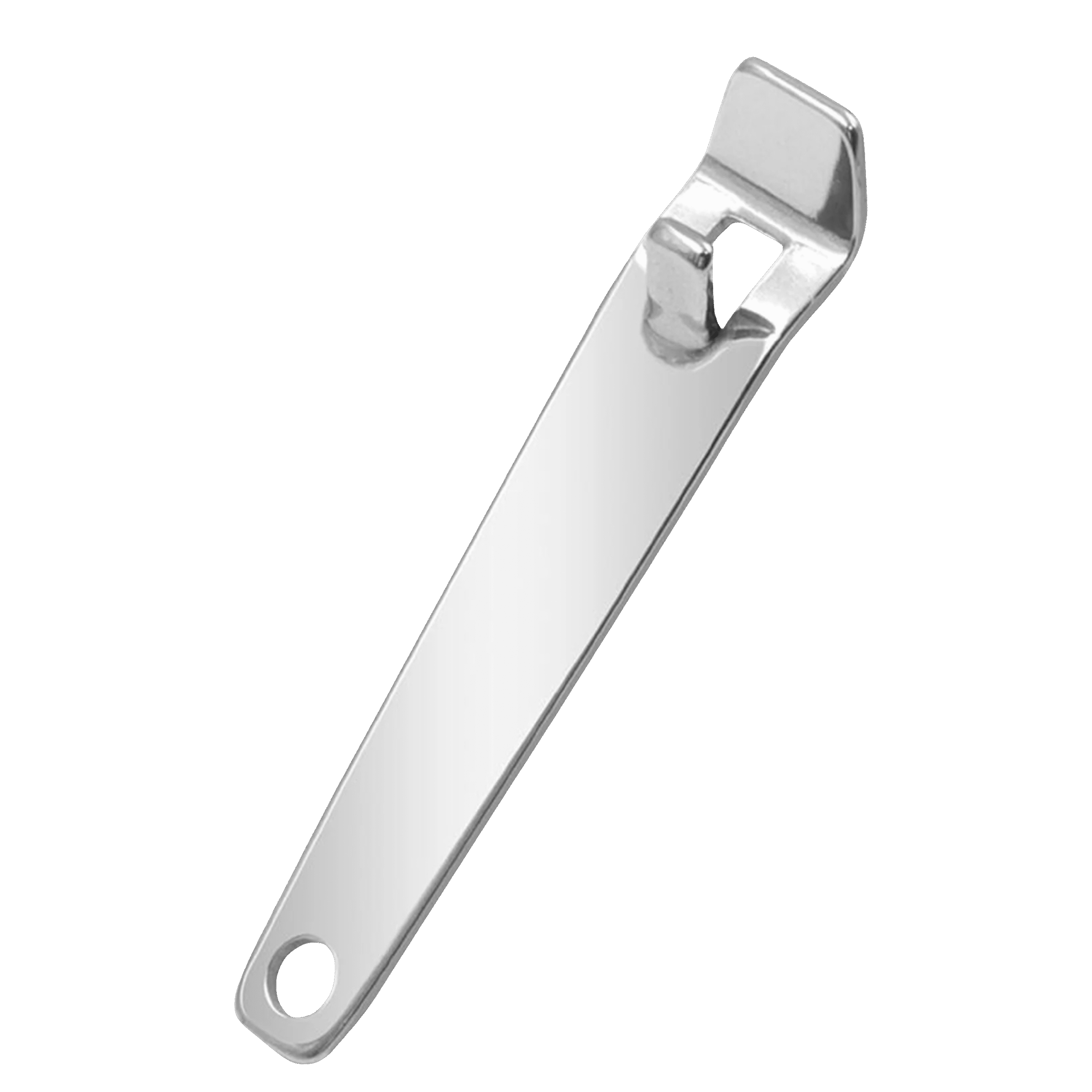Description
Cagrilintide Acetate
Chemical Name: Cagrilintide Acetate
Molecular Formula: C₁₉₄H₃₁₂N₅₄O₅₉S₂ · C₂H₄O₂
Molecular Weight: ~4409 g/mol (free base)
CAS Number: 1415456-99-3
Sequence:
H-His-Ser-Asp-Gly-Thr-Phe-Thr-Ser-Asp-Tyr-Ser-Ile-Ala-Met-Asp-Arg-His-Leu-Arg-Ser-Gly-Glu-Gly-Gly-Gly-Gly-Gly-Lys(AEEA-C20 fatty diacid)-NH₂
Structural Characteristics:
Cagrilintide is a long-acting, lipidated amylin analog designed to bind the amylin and calcitonin receptors. It includes a C20 fatty acid conjugation for enhanced albumin binding and extended duration of action, supporting chronic metabolic and satiety-based research applications.
Mechanism of Action (Research Context):
Cagrilintide activates the amylin receptor complex and modulates food intake, gastric emptying, and weight regulation. Research applications include:
- Obesity and weight management models
- Studies on satiety and energy intake regulation
- Combinatorial research with GLP-1 receptor agonists
Synthesis and Quality Control:
- Synthesized via solid-phase peptide synthesis (SPPS)
- Purified to ≥98% by HPLC
- Identity confirmed via Mass Spectrometry (MS)
Product Details:
- Form: Lyophilized acetate salt
- Appearance: White to off-white powder
Solubility:
Cagrilintide Acetate is soluble in sterile water, dilute acetic acid, or aqueous buffers at pH 5–7.
Storage & Handling:
- Store lyophilized powder at –20°C, protected from light and moisture
- After reconstitution, refrigerate at 2–8°C for up to 30 days
- For extended storage, aliquot and freeze at –20°C
- Avoid repeated freeze-thaw cycles
Disclaimer:
For research use only. Not for human or veterinary use. Not for diagnostic or therapeutic applications.
